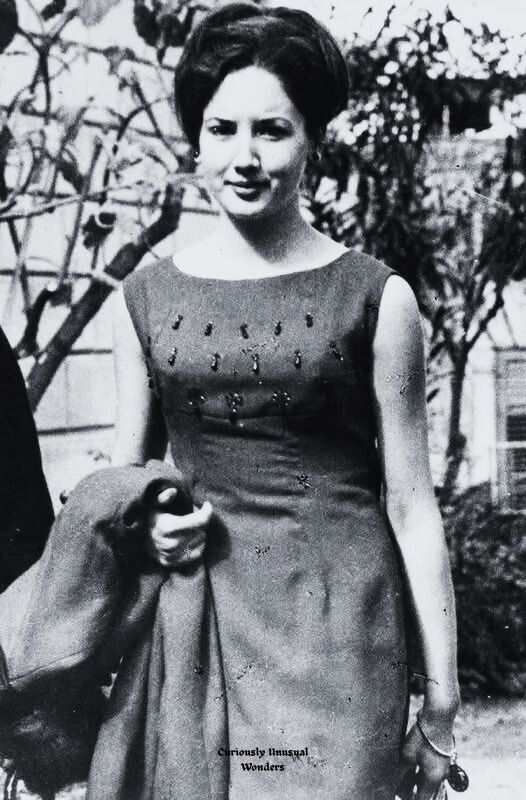
In a pivotal moment for women’s rights in Italy, Franca Viola, a 17-year-old from Alcamo, Sicily, made headlines in 1965 by refusing to marry her rapist, challenging long-standing laws that prioritized a woman’s honor over her autonomy. This act of defiance not only changed her life but also ignited a debate about the archaic legal practices that governed women’s lives in Sicily and beyond.
Challenging a Broken System
The legal framework in Sicily at the time was steeped in traditions that many considered outdated. Under the concept of il matrimonio riparatore, or “marriage of reparation,” a man could evade punishment for kidnapping and raping a woman by marrying her. This system placed the onus of shame on the victim rather than the perpetrator, effectively transforming acts of violence into negotiations for marriage. The law often silenced women’s voices and reinforced male dominance.
In December 1965, Franca Viola’s life took a dark turn when she was kidnapped by Filippo Melodia, the son of a local mafioso. After being held captive for over a week and raped, the expectation was that her family would agree to a marriage that would restore their honor. However, Franca’s refusal to conform to this societal expectation was not merely a personal decision; it was a profound challenge to the very foundations of a patriarchal system.
A Historic Trial and Its Aftermath
Franca’s decision to reject the marriage proposal was met with threats and violence from Melodia and his associates. Her family supported her despite the risks, leading to a groundbreaking trial that shifted public perception. In 1966, for the first time, a Sicilian court treated the rapist as a criminal rather than a suitor. Melodia was convicted and sentenced to eleven years in prison, marking a significant departure from previous legal practices that had often dismissed such cases.
The media coverage surrounding Franca’s case varied, with some outlets portraying her as a curiosity while others recognized her as a heroine. Her story resonated deeply with the public, and she became a symbol of resistance against oppressive norms. Later, Franca married on her own terms, receiving a congratulatory message from then-President Giuseppe Saragat as a testament to her impact on women’s rights in Italy.
Despite this landmark case, it took until 1981 for the Italian parliament to officially abolish laws allowing rapists to escape punishment through marriage, underscoring the slow pace of legal reform in the face of cultural inertia.
Franca Viola’s Legacy
Franca Viola’s story highlights the often-overlooked contributions of women who challenge unjust social norms. Despite her significant impact, she remains relatively unknown compared to historical figures who are celebrated for their military or political achievements. This raises a critical question: why are women like Franca often forgotten in the annals of history?
Throughout history, many women have sparked revolutions through singular acts of defiance. Figures such as Rosa Parks, who refused to give up her bus seat in 1955, and Nwanyeruwa, whose protest against colonial taxation in Nigeria in 1929 ignited the Aba Women’s Riots, have reshaped societal structures through their courage. Franca’s refusal to marry her rapist serves as a powerful reminder that individual actions can catalyze significant social change.
Today, issues of honor, shame, and sexual violence continue to affect societies globally. In some regions, similar laws still exist, while in others, cultural pressures silence victims. Franca’s defiance is not simply a local tale but a universal lesson that progress often stems from the brave choices of ordinary individuals.
As history continues to evolve, remembering women like Franca Viola is essential. She demonstrated that honor lies in resistance, not silence. Her courageous stand against the oppressive structures of her time serves as a beacon of hope and a call to action for future generations, reminding us all that the fight for justice is ongoing.







